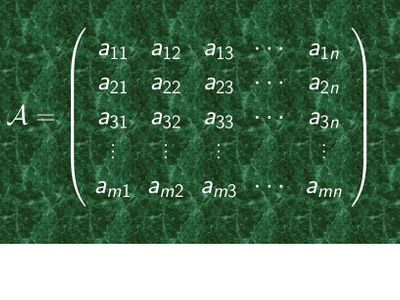Basic ideas and concepts in linear algebra: vectors, matrices, systems of linear equations, Gaussian elimination, matrix factorization, complexity, vector geometry with scalar product and vector product, determinants, vector spaces, linear independence, bases, change of basis, linear mappings, eigenvalue, eigenvector, the least squares methods, orthogonality, Gram-Schmidt's method.
Calculation and programming technical aspects: MATLAB programming with control and data structures, file management, functions, visualization, numerical solution of systems of linear equations with Gaussian elimination and LU factorization, experimental determination of complexity in solving linear equation systems, numerical calculation of condition numbers, assessment of accuracy, graphical illustration of results.
